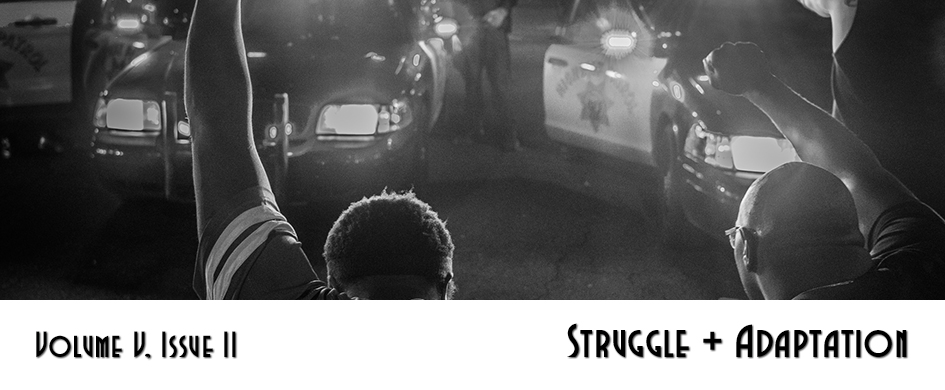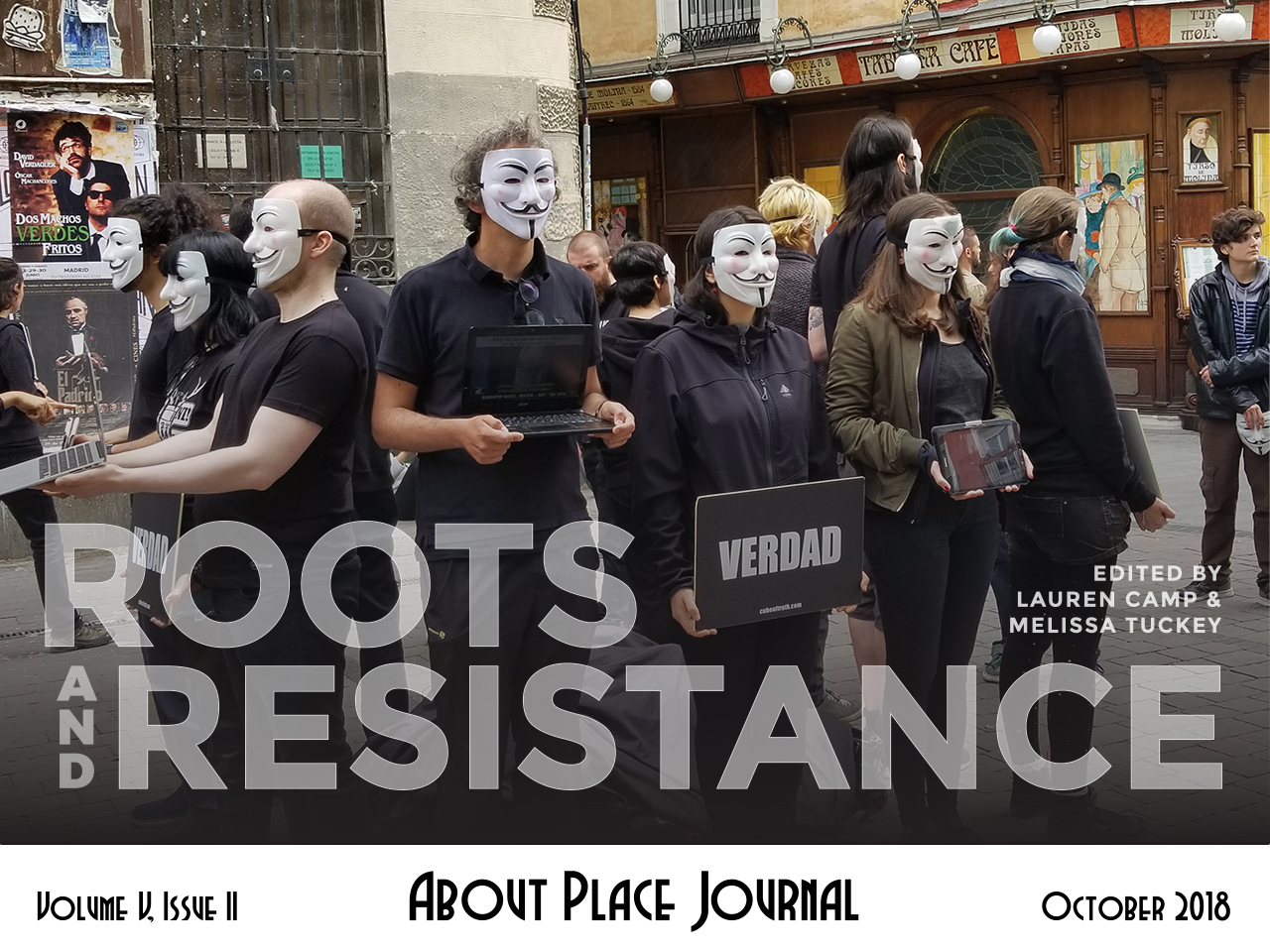It was a lonely life. My issei father, a farmer, was not sainted
But tyrannical. When tuberculosis ate his lungs,
Mother and my siblings sailed on a tramp steamer for the Inland Sea
To Hiroshima on a hillside above straw-thatched roofs.
I walked a mile-long road to school past terraced rice paddies
Despised my lessons playing shamisen with a plectrum like a banjo
And bowing like a vassal. A marriage was arranged in Tokyo to a nisei
Lately returned from a land with trees of gold. They garbed me in
A white bridal kimono. I shifted restive in the stiffness of
The sleeves. We settled on a farm in Fresno. But I was
A spitfire and the marriage was dissolved. At thirteen
I was alone, costumed in dresses that hung like a gunny sack,
Waitressing at a nisei greasyspoon,
Boarding as a schoolgirl with a hakujin family, unhanding
The paws of kibei bachelors at a boardinghouse. On my day off
I would eat chawanmushi and see Fred and Ginger dancing
A starry reverie at the Lyrichord Theatre. That was my treat.
At Santa Anita in Arcadia I met my future husband, a vagabond reporter
Who read Steinbeck and Russian novels—windows opened to me.
“Stranger’s Rice” won a prize. “Not until you have tasted the rice of strangers,”
My mother said, “will you appreciate home.” It is true I hungered for mother
But I was a stranger among Americans now.
Note: “Stranger’s Rice,” by Asami Kawachi, was the first-place winner in the college division of Common Ground magazine’s writing contest in 1942. She was a student at Los Angeles City College at the time. My poem incorporates phrases from my mother’s essay and elects not to reconcile the discrepancies and revisions of memory between that work and stories she told me late in her life. Link to the original essay: https://www.unz.com/print/CommonGround-1942q2-00073.


